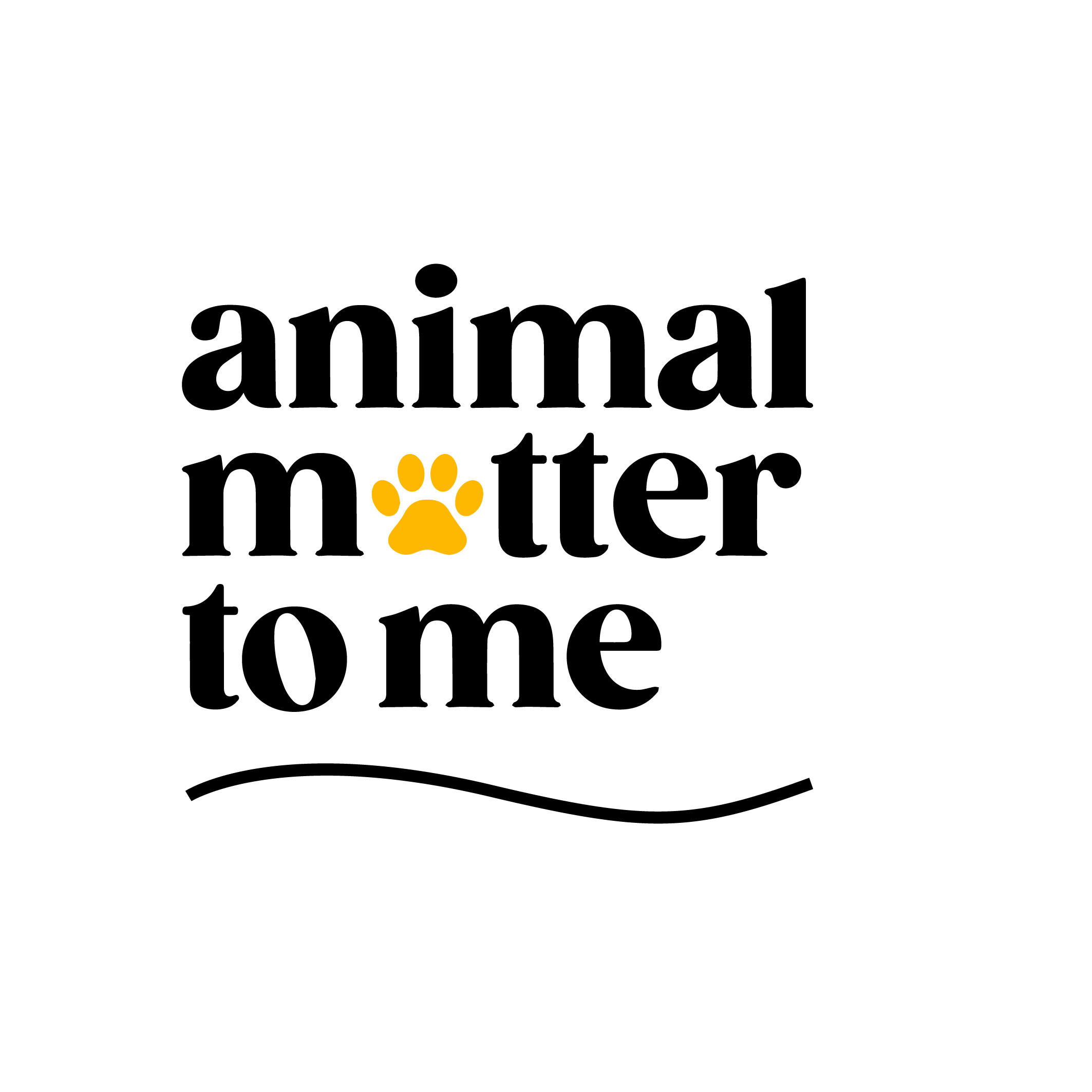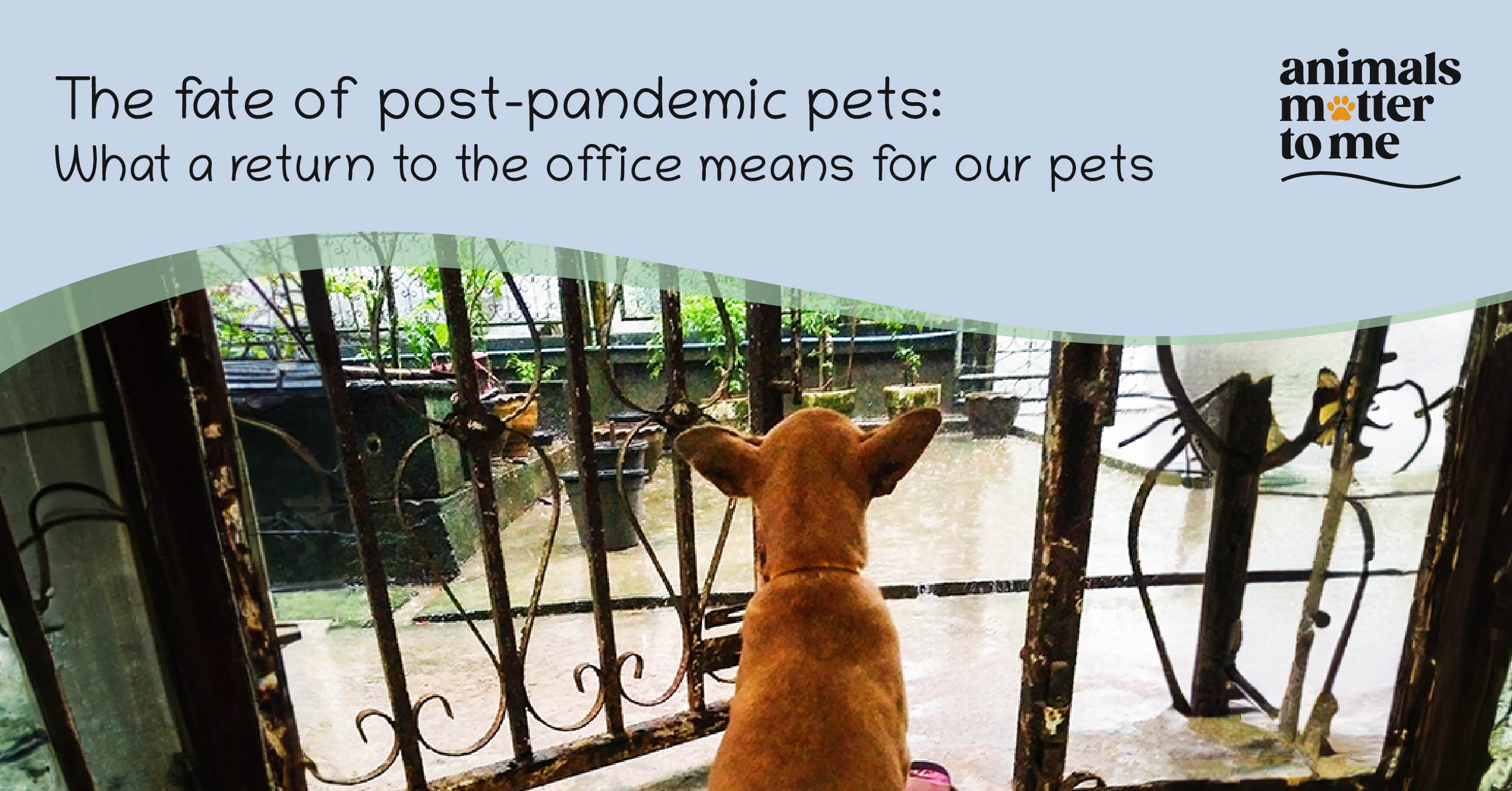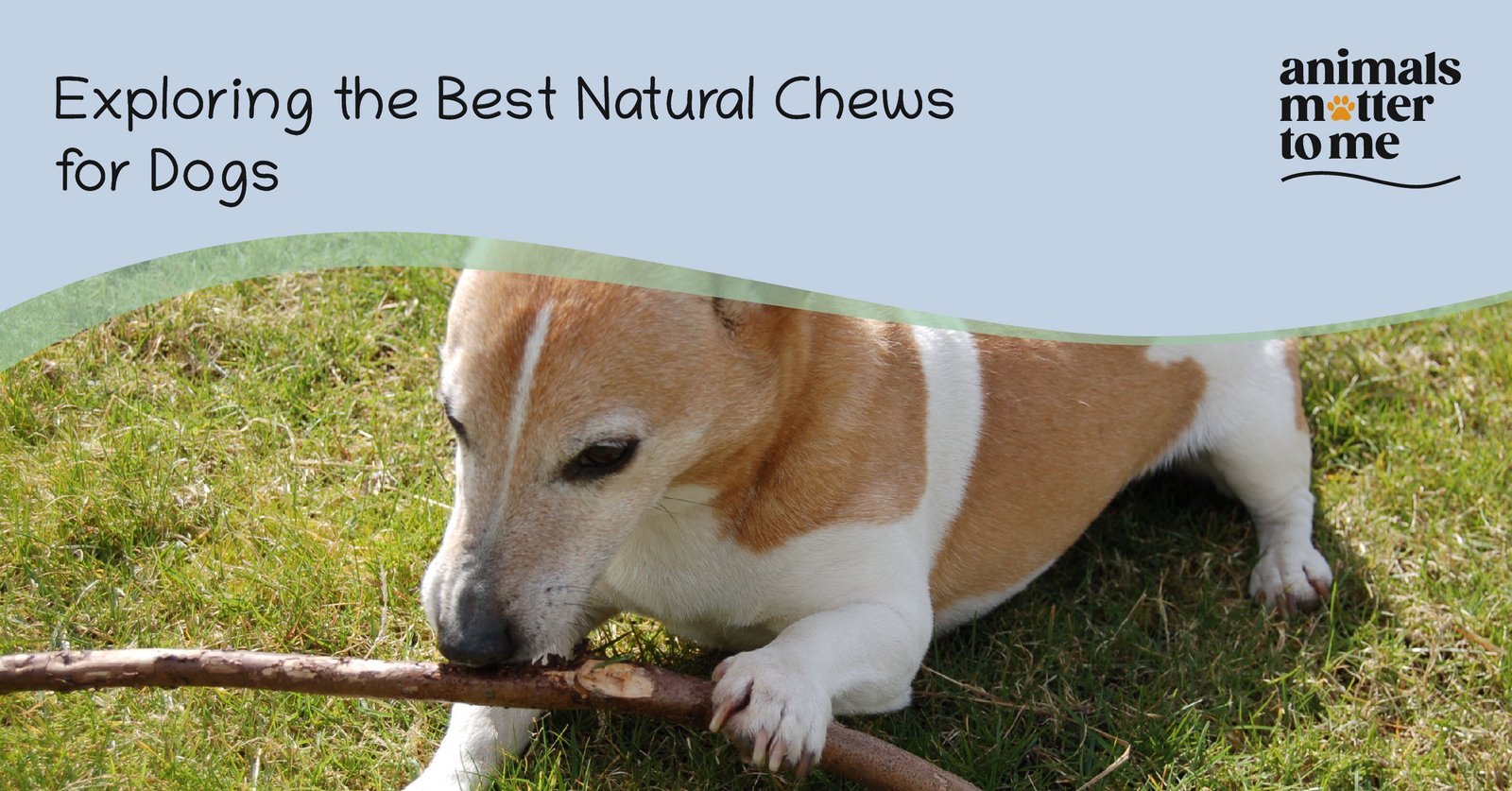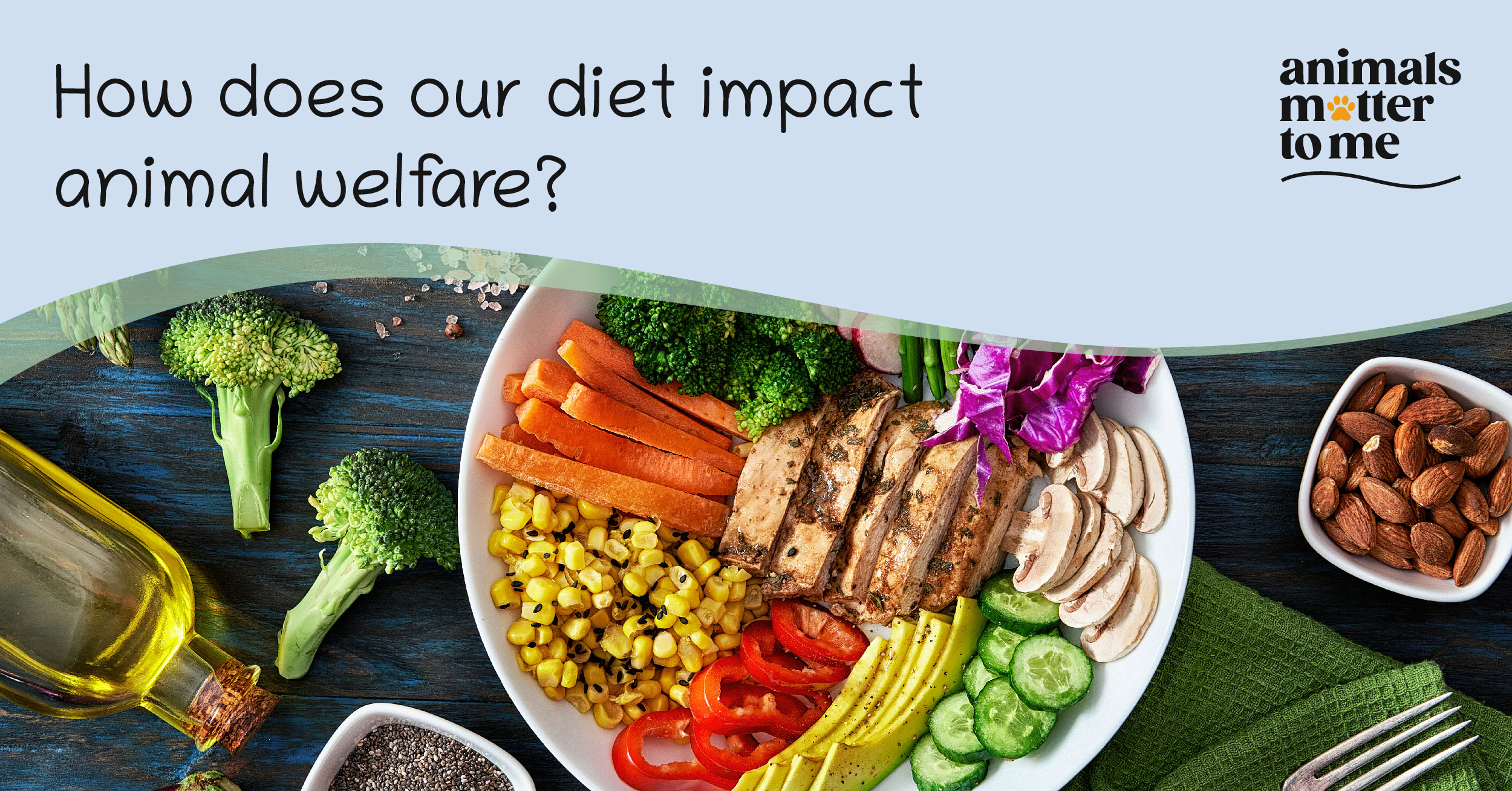With the pandemic woes finally coming to a close, offices are putting an end to extended work from home. Going back to the office will mean several changes — for pets and their parents. Here are some potential effects to consider:
Loneliness and separation anxiety: During lockdown, our pet(s) became used to having us around at home all day. Transitioning to working from the office might lead to feelings of loneliness or separation anxiety. Pets that are particularly attached to their human companions might struggle with extended periods of separation.
Disrupted routines: Pets thrive on routines. A sudden change in your daily schedule could affect their feeding, playtime, and bathroom breaks. You may need to adjust their routine to accommodate your work hours. Be prepared for your pets to take some time to adapt to your new schedule.
Physical activity: Depending on the type of pet you have, they might miss out on the exercise and playtime they were used to when you were home all day. Dogs, for example, might get less exercise if they are not being walked as frequently.
Behavioural changes: Pets that are left alone for extended periods might exhibit behavioural changes such as excessive barking, chewing, scratching, or even soiling the home. These behaviours can be signs of distress or boredom.
Adaptation: Some pets are more adaptable than others. Younger pets or those with a more easy-going temperament might adjust more quickly to changes in routine.
To help your pet adjust to your new work situation, consider the following steps:
Gradual transition: If possible, gradually introduce the new routine by spending increasing amounts of time away from home before fully returning to the office. This can help your pet get used to the idea of being alone.
Enrichment and entertainment: Provide plenty of toys, puzzles, and activities to keep your pet mentally and physically engaged while you’re away. Consider puzzle feeders, interactive toys, or even leaving a radio/TV on for background noise.
Professional help: If you notice significant signs of stress, anxiety, or behavioural changes in your pet, consider consulting a veterinarian or a professional animal behaviourist for guidance.
Each pet is unique and it’s important to observe their behaviour and adjust to their individual needs. Gradual changes, ample enrichment, and plenty of affection can help minimise the impact of your longer absence from the home on your pet’s well-being. All these changes will surely affect you as well because you will also miss your fur friend but if managed well, the transition can be smoother.




